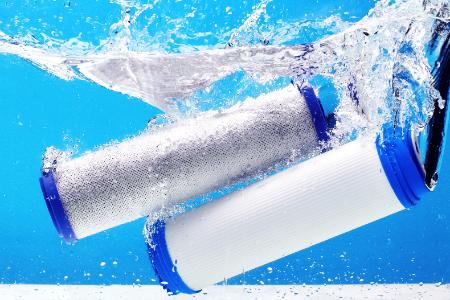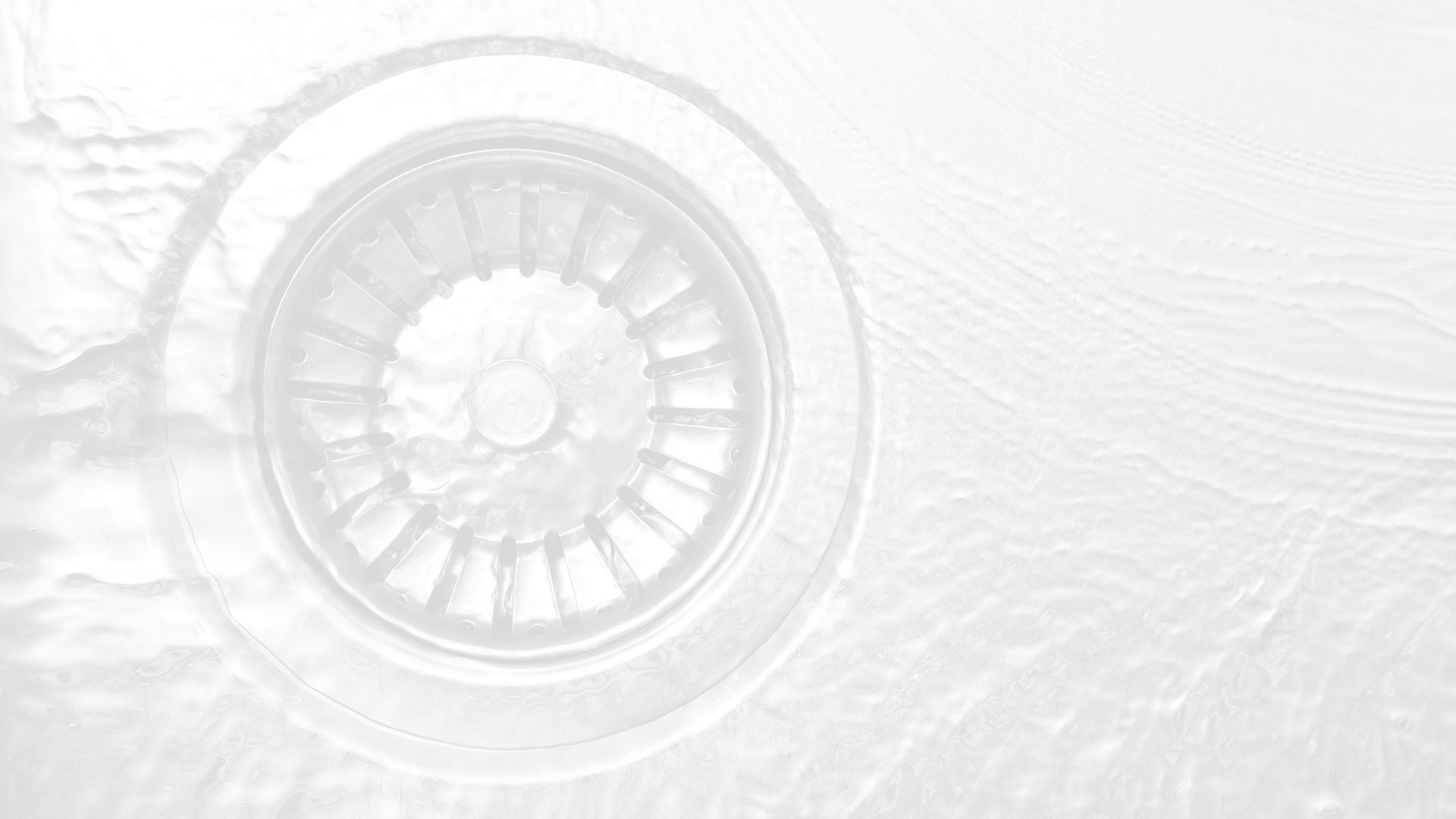How Often Should I Replace My Water Filter?

One of the most common questions homeowners ask about their water filtration system is, "How often should I replace the filter?" Regular maintenance, including filter replacement, is essential for keeping your water clean and safe. The frequency of replacement depends on several factors, including the type of filter you have, the quality of your water, and the manufacturer's recommendations. Below, we'll break down the factors that can affect how often you should replace your water filter.
1. Type of Water Filter
Different types of filters have varying lifespans. Here are a few examples:
- Carbon Filters: These are commonly found in pitchers and faucet-mounted filters. They typically last between two to six months, depending on usage.
- Reverse Osmosis (RO) Filters: RO systems have multiple stages of filtration, and each stage may have a different replacement schedule. Pre-filters usually last six months, while post-filters can last up to a year. The RO membrane itself may last two to five years.
- Whole House Filters: These filters are designed to clean all the water in your home and can last between three to six months, though some high-end systems can last longer.
Be sure to consult your system's manual for specific details on replacement intervals.
2. Water Quality
The quality of your local water supply plays a significant role in how often you should replace your filter. If your water contains a high level of contaminants like sediment, chlorine, or heavy metals, your filter will need to work harder, reducing its lifespan. Homes with well water often require more frequent filter changes due to increased sediment and possible contaminants.
You can check the quality of your water through a water test kit, or consult your local water provider for a report on the water quality in your area.
3. Usage Frequency
How much water your household uses can also affect how often you need to replace the filter. A household with many occupants or high water usage (e.g., lots of cooking, laundry, or showers) may require more frequent filter changes than a smaller household.
4. Manufacturer's Recommendations
Manufacturers typically provide guidelines for filter replacement based on optimal performance. These recommendations are a great starting point, but it's always wise to monitor the condition of your filter. If you notice a decrease in water flow, a change in water taste, or other signs that your filter is not functioning properly, it may be time for a replacement even if you haven't hit the recommended timeline.
Regular water filter replacement is key to ensuring your home's water is clean and safe. Always consider the type of filter, your water quality, usage, and manufacturer recommendations to determine the best schedule for your needs. If you're unsure or need assistance, a professional plumber can help guide you through the process.
Keep your water system running smoothly and enjoy peace of mind knowing you have fresh, clean water flowing through your home. Call Master Drain Services for your plumbing needs in Lafayette.

Reach Out To Your Lafayette Master Drain Services For Your Plumbing And Drain Cleaning Needs.